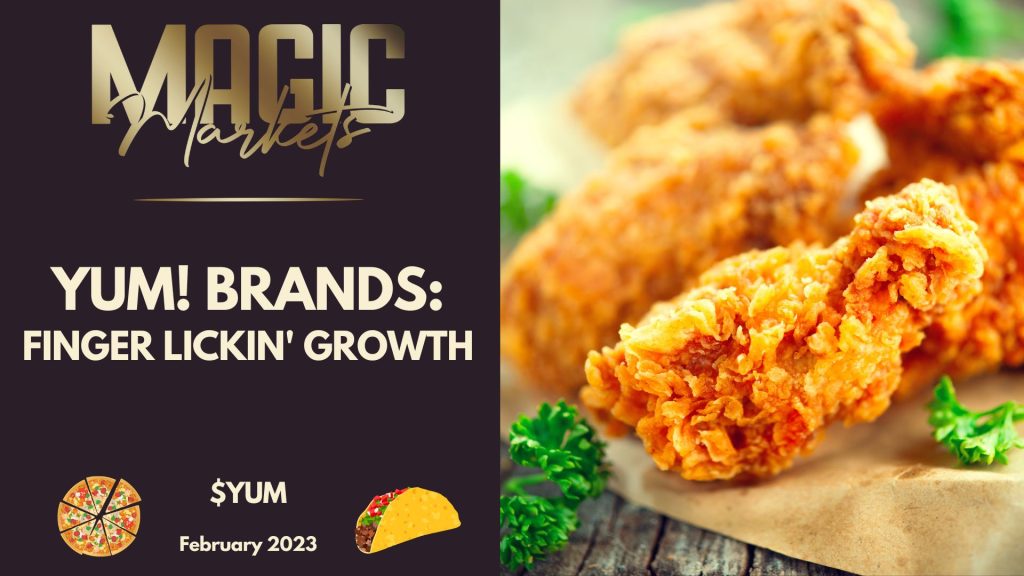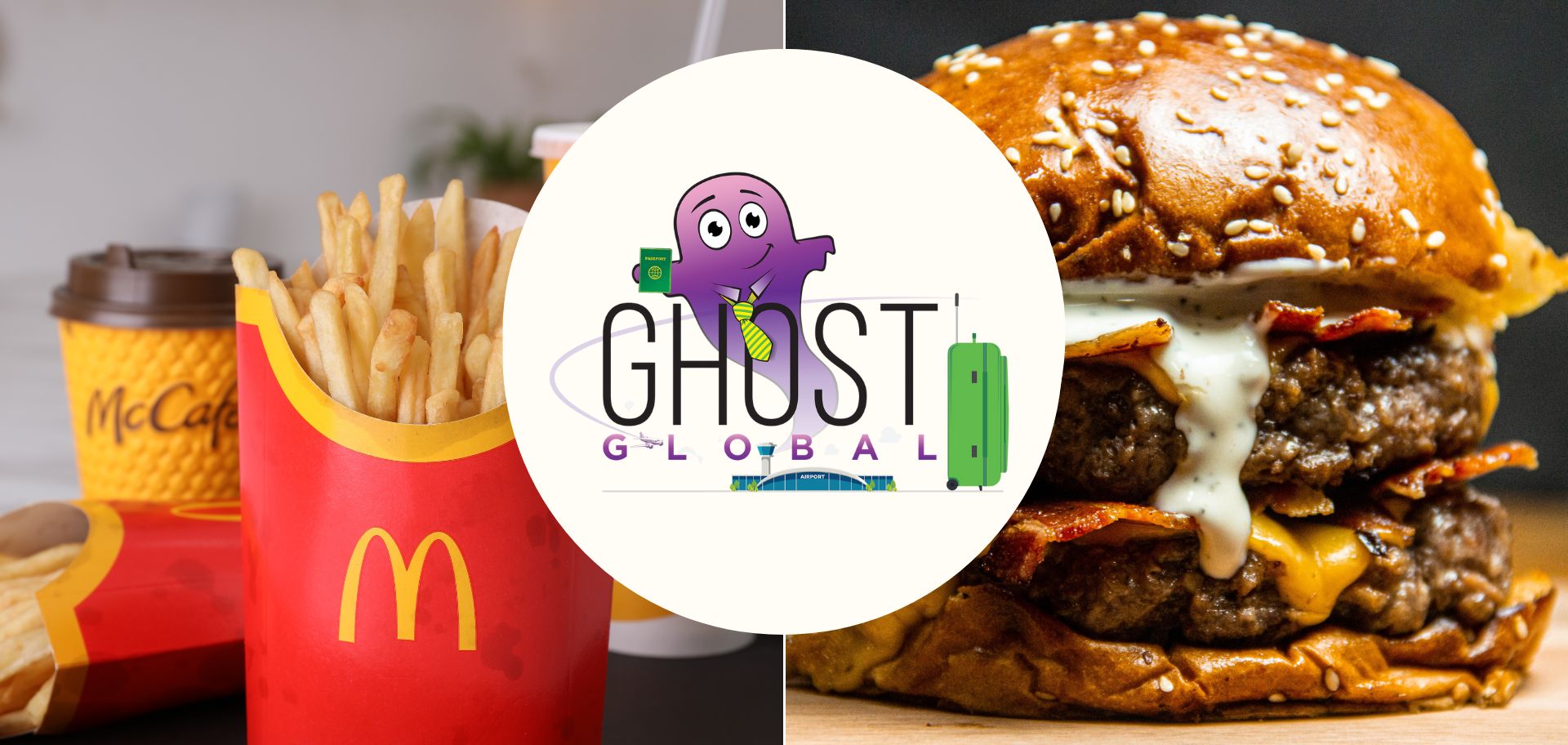Disclaimer: you might not want to read this post on an empty stomach! We take no responsibility for any fast food cravings you might develop along the way.
Forget that old paradox about the chicken and the egg. The much more interesting question is which fast food giant came first: McDonalds or Burger King?
In 2015, McDonalds celebrated the 60th anniversary of the opening of businessman and franchisor Ray Kroc’s first McDonalds in Des Plaines, Illinois. As a tribute, they introduced a limited edition menu item: the 1955 burger. This of course was the perfect moment for arch-rival Burger King to ever-so-subtly start rolling out their new tagline: “Since 1954”.
What sounds like a petty little snub was actually a finely orchestrated act of one-upmanship that Burger King had been developing since July of 2014, when they first trademarked “Since 1954”. They secured the trademark, and then waited almost a full year to roll it out.
Why the wait? Well, they needed McDonalds to make their move first. The hubbub around the 1955 burger was the perfect opportunity for Burger King to remind the world at large that actually, they had the headstart when this race began.
All’s fair in mayonnaise and war
Of course, in the greater scheme of things, it hardly matters at all that Burger King opened their restaurant four months before McDonalds opened theirs. At least, that’s the story according to them.
It’s tempting to get into the specifics of second mover advantage, particularly between two businesses that have an almost identical consumer base. Only so much can be attributed to coincidence, after all. McDonalds has the Big Mac, Burger King has the Whopper. McDonalds serves Coke products, Burger King serves the Pepsi line. McDonalds has the McFlurry, Burger King has something called a King Fusion that is so laughably similar to a McFlurry – down to the design of that signature mixing spoon – that you can practically visualise copyright lawyers frothing at the mouth.
Imagine having the advantage of tweaking your competitor’s star product while doing none of the market research yourself. That’s second mover advantage in a nutshell.
In some cases, these parallels between the two menus are actually deliberate. Some would argue that the most successful feats of Burger King’s strategy come about from directly challenging McDonald’s products. In November 2013, Burger King introduced the Big King sandwich – with two patties, a three-layer bun, and a special sauce – as a less-than-subtle competitor to the Big Mac. When McDonald’s brought back the McRib sandwich, Burger King came up with the BK BBQ Rib as a cheaper alternative. And then in 2018, Burger King took direct aim at McDonalds’ quarter pounder by announcing a double quarter-pound burger.
Flame-grilled guerilla tactics
Of course, there is no point in mentioning the rivalry between McDs and BK without highlighting the absolutely magnificent effect that this has had on Burger King’s marketing strategies.
The intense competition between the two brands has driven Burger King to tactics that make guerilla warfare look like child’s play. One particularly memorable example of their “hacktervising” involves a campaign called the Whopper Detour, a bold stunt that promoted a $1 cent Whopper that could only be ordered through the Burger King app.
The catch? The promotion would only become available if that Whopper was ordered from a McDonalds parking lot! Using geofencing technology, Burger King was deliberately sending its customers right onto the doorsteps of their biggest competitor, actively forcing them to reject those burgers, and then calling them home to their own drive-throughs.
Beyond successfully executing perhaps the most cold-blooded feat of marketing psychology in fast food history, Burger King also achieved over 1.5 million downloads of their app over the course of the campaign. Check out this great video on the topic:
Competition. I’m lovin’ it.
So what have we learned from this article, besides the fact that burger wars are a thing? In short, competition makes businesses better. That’s why every report in the Magic Markets Premium library has a section dedicated to competitors in a particular business’ field.
Think of competition as the ultimate motivator. It’s like an unfriendly nudge to keep businesses on their toes, always looking for ways to make things better – whether it’s juicier burgers or smarter marketing strategies. And guess who benefits the most? Yup, you and me, the customers! We get a whole bunch of choices, better products, and great deals, all thanks to this healthy rivalry. And when businesses win over more customers, that means good things for shareholders.
For the price of one burger per month, you can buy yourself a treasure trove of delicious business insights. With nearly 90 research reports on global stocks available in the library, a subscription to Magic Markets Premium for just R99/month gives you access to an exceptional knowledge base that has been built since we launched in 2021. It’s not quite “Since 1954”, but we’re pretty proud of it just the same.
There is no minimum monthly commitment and you can choose to access the reports in written or podcast format – whatever floats your boat. Sign up here and get ready to learn about global companies>>>
And if this sector has piqued your interest, you’ll be pleased to know that the research library also includes a report on Yum! Brands from February 2023.





Brilliant and fascinating insights to a world which exists behind the scenes that as a consumer I’d be otherwise oblivious to.
Glad you enjoyed it Craig!
Dominique I loved this piece thank you and the video you incorporated on the ad was a entertaining. I love the competition rivalry in the US and wish we had it in SA to keep companies honest instead we have Chicken Licken showcasing bank robbers in their ads??? Keep this content coming please!